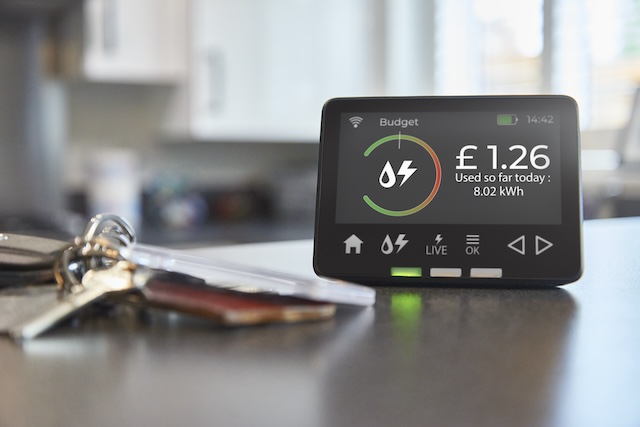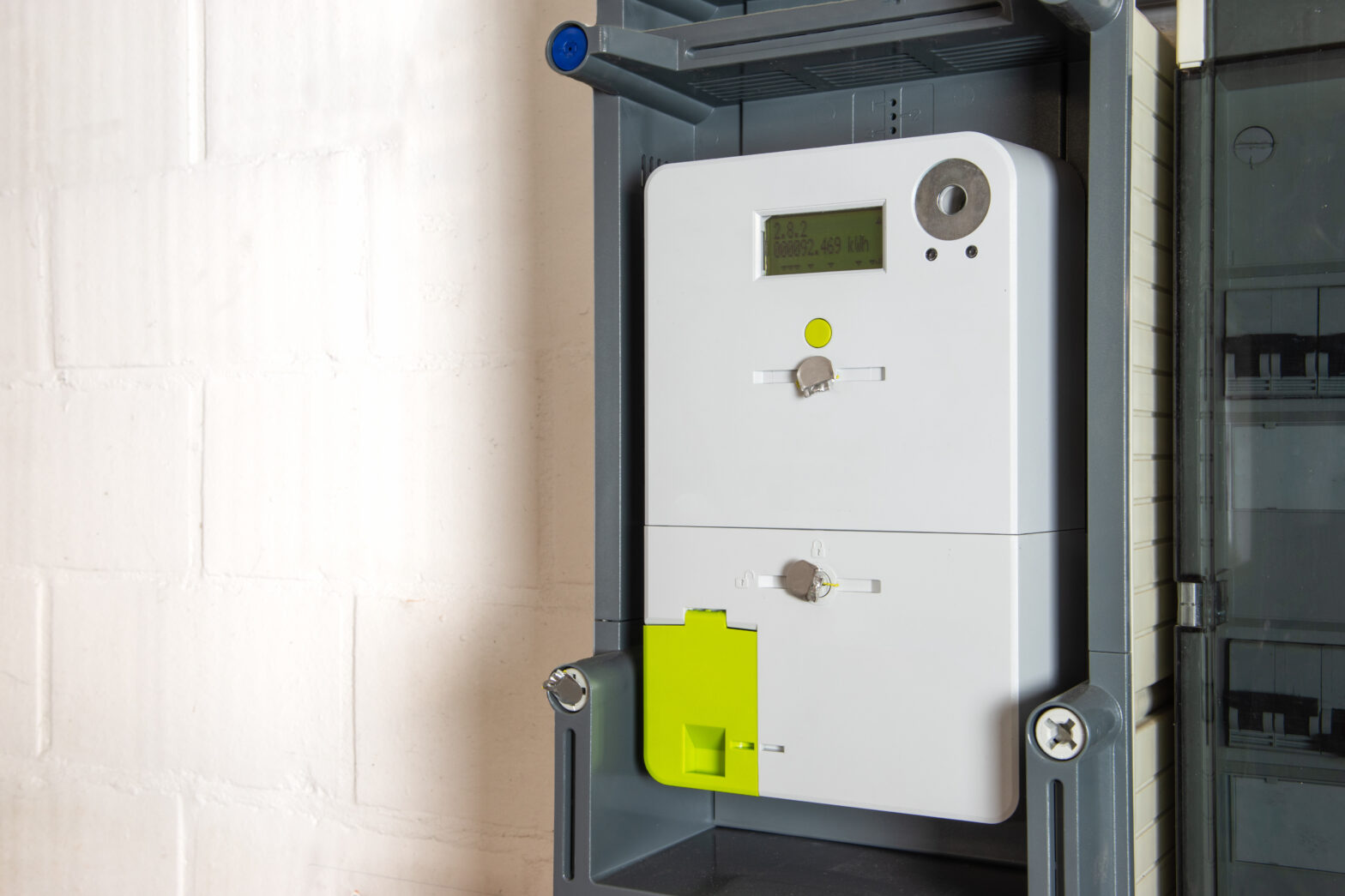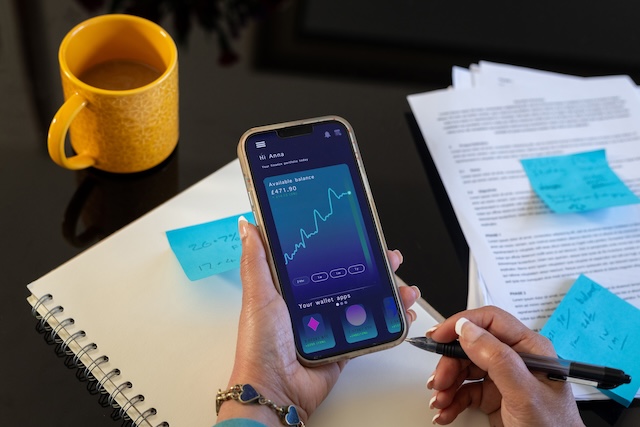Few business owners would argue with the idea that the customer is always right and many successful modern businesses are built on their drive to satisfy customers. Leading Internet retailer Amazon is a great example of a successful company founded on a relentless focus on customer satisfaction. Their founder Jeff Bezos is well known for saying “We’re not competitor obsessed, we’re customer obsessed. We start with what the customer needs and we work backwards.”
Most businesses will immediately think about their product and services when it comes to keeping customers happy, making sure they have a great feedback system and deal speedily with customer requests, issues and complaints. However, customers these days are often more demanding than they were in the past and will look for more than just great prices and products from a company.
Consumers will often only want to buy from companies that have an explicit sense of purpose and align with their broader ideas about corporate responsibility and ethical behaviour. This could mean only buying fashion from companies that check their supply chains to make sure workers are fairly paid or only banking with financial institutions that don’t invest in industries such as arms manufacturing or tobacco.
However, more and more socially conscious consumers are checking out the environmental credentials of their favourite brands and the small businesses they use on a day-by-day basis. Very few people doubt the difficult position we found ourselves in today, with the impact of global warming revealing itself in extreme weather incidents, wildfires and flooding. Politicians are finally mobilising to bring in legal measures to mitigate climate change and most larger companies have a policy or mission statement setting out their plans to reduce their carbon footprint or lessen any polluting aspect of their business. They may even have taken steps to move towards a “net zero” carbon footprint.
You might say this is fine for Nike, Apple or Google, huge corporations with large budgets that they can dedicate to environmental issues, but how do small businesses show that they care about the planet too? There are lots of options of course from recycling to offsetting carbon dioxide emissions or choosing only green suppliers. However, there is one fundamental change that your business can make easily. In order to change something, it is important to measure it first, so you can see your progress. Energy can be one area where you can manage your usage to make sure you are efficient as possible and only using what you need. In the past, this would mean poring over paper statements and trying to figure out what was driving the charges for your electricity and gas. However, now small businesses can speak to their energy supplier and ask them to fit a smart meter for their electricity and gas supply.
Read more: How my small business can contribute to reducing climate change
Smart Meters are just an updated type of meter that connects automatically to your supplier over a mobile network. This allows the supplier to know exactly how much gas or electricity your company is using, so estimated bills instantly become a thing of the past. This is great for smaller businesses, as it means you really are only paying for what you use and no precious cashflow is taken overpaying for energy bills. Also, no one has to head into a dark cupboard with a torch to read the meter and supply it to the energy company on a quarterly basis.
Apart from saving time reading the meter, smart meters are perfect for making you more aware of how much energy you are using at any given time. All Many smart meters come with a separate readout device, which allows the bill payer to see how much gas and electricity is being used in real time. If you switch on an energy intensive device, you will see your electricity consumption increase on the smart meter display unit. This can really help to understand how all your actions contribute towards your energy and gas usage. You can see at any time of the day how much energy your business is using and adjust where necessary.
Greater awareness of energy use amongst staff can help to reduce your usage, meaning less cost for the business and a real contribution towards your green efforts. Just the presence of the display is a constant reminder that energy costs money, so might inspire people to be more careful switching off lights when rooms are not in use or powering down devices when not in use. All these small things can have an impact on your bottom line, but when multiplied across all the small businesses in the UK, will make a worthy contribution to national climate change efforts. Getting a smart meter could just be the start of making your business greener and attracting more environmentally conscious customers.
For more information about the benefits of installing a smart meter in your workplace, visit the Smart Energy GB website at smartenergyGB.org
This article is part of a paid-for information campaign for Smart Energy GB





